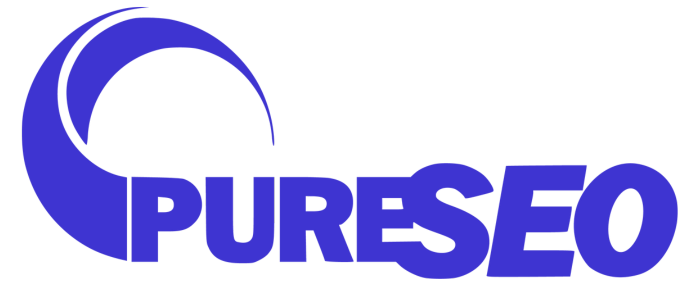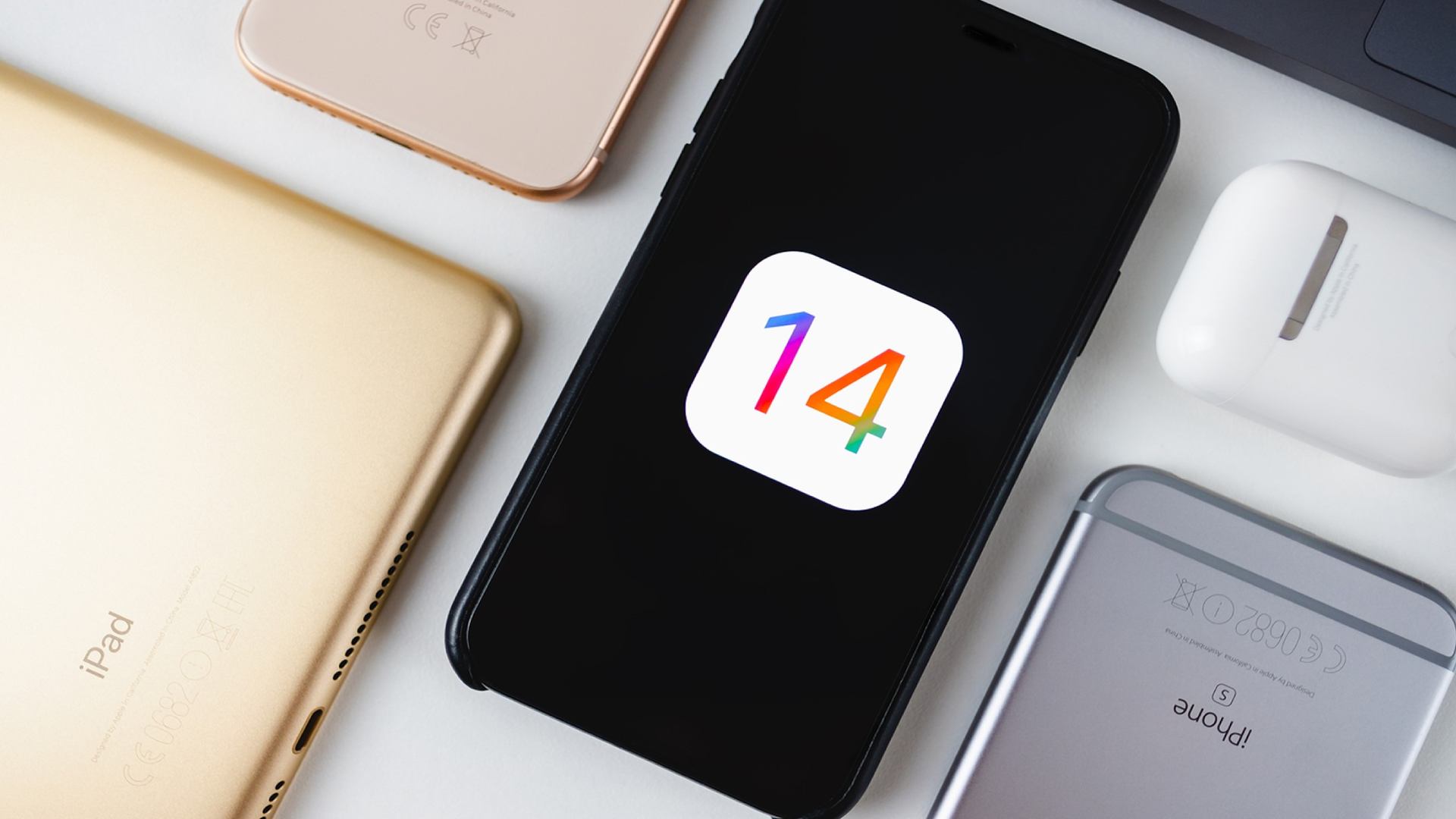
Pure SEO’s This Week In Search series takes a look at the top SEO and SEM news stories from the week.
This week Google announced solutions and unveiled updates, while ADI published an analysis on smart speakers.
Google Tells Us How to Optimize Content for Voice Search
Google’s John Mueller recently offered suggestions of which kinds of content works best for voice search, and described the kind of content that won’t work too well. In summary, his main points were:
- Use Schema Structured Data
- Create content that sounds natural when read aloud, is clear and intelligently structured.
- If targeting voice search, then you may also want to rethink how your content is delivered and avoid pages of links or large tables full of data.
- Perhaps a workaround for tables may be to discuss the contents of the table in a manner that makes sense for the user and have the table be a visual device for communicating the same information.
You can read the full report here.
New Google Search Console Has More Data & More Features
A beta version of the new Search Console, which was release a few months ago to select users, will now be available to everyone. The new Search Console will roll out over time, and webmasters will be individually notified when they receive access. Users will have the freedom to go back and forth between the new Search Console and the old version.
The new Search Console has the same 16 months of data that was available in the private beta, and it has been rebuilt with a renewed focus on helping site owners identify and fix any issues. The updated Index Coverage, AMP status, and Job postings reports aim to help site owners optimize their website’s presence in search results in a more simplified way.
To find out more, read the full report here.
Google Reveals Solution to AMP Cache URL Display Problem
Good news for publishers! Later this year, the Google AMP cache will display publisher URLs instead of Google URLs in the search results. This aims to solve one of the most annoying ‘features’ of AMP (Accelerated Mobile Pages). Google has begun taking steps to come up with a solution, as Malte Ubl, Tech Lead for the AMP Project at Google explains:
“We embarked on a multi-month long effort, and today we finally feel confident that we found a solution: As recommended by the W3C TAG, we intend to implement a new version of AMP Cache serving based on the emerging Web Packaging standard. Based on this web standard AMP navigations from Google Search can take advantage of privacy-preserving preloading and the performance of Google’s servers, while URLs remain as the publisher intended and the primary security context of the web, the origin, remains intact. We have built a prototype based on the Chrome Browser and an experimental version of Google Search to make sure it actually does deliver on both the desired UX and performance in real use cases. This step gives us confidence that we have a promising solution to this hard problem and that it will soon become the way that users will encounter AMP content on the web.”
For more details, check out the Google blog post.
Google PageSpeed Insights Now Uses Real Data from Chrome Browser Users
The PageSpeed Insights tool has been updated to use data from Chrome user experience reports, so now it shows how fast pages load based on real user data. Pages are graded on these levels:
- Fast: The median value of the metric is in the fastest third of all page loads.
- Slow: The median value of the metric is in the slowest third of all page loads.
- Average: The median value of the metric is in the middle third of all page loads.
The tool also provides new features, as Google describes:
- The Speed score categorizes a page as being Fast, Average, or Slow. This is determined by looking at the median value of two metrics: First Contentful Paint (FCP) and DOM Content Loaded (DCL). If both metrics are in the top one-third of their category, the page is considered fast.
- The Optimization score categorizes a page as being Good, Medium, or Low by estimating its performance headroom. The calculation assumes that a developer wants to keep the same appearance and functionality of the page.
- The Page Load Distributions section presents how this page’s FCP and DCL events are distributed in the data set. These events are categorized as Fast (top third), Average (middle third), and Slow (bottom third) by comparing to all events in the Chrome User Experience Report.
- The Page Stats section describes the round trips required to load the page’s render-blocking resources, the total bytes used by the page, and how it compares to the median number of round trips and bytes used in the dataset. It can indicate if the page might be faster if the developer modifies the appearance and functionality of the page.
- Optimization Suggestions is a list of best practices that could be applied to this page. If the page is fast, these suggestions are hidden by default, as the page is already in the top third of all pages in the data set.
Smart Speaker Sales Grew 103% in 2017
And 79% of these sales occurred in the fourth quarter (close to Christmas)! Data from Adobe Digital Insights (ADI) and other third-party analyst firms reveal that smart speakers became the fastest-selling consumer technology last year. ADI’s analysis is based on retail sales data and a survey of more than 1000 US consumers.
ADI found the most common uses for voice assistants were the following:
- Listening to music
- Checking weather
- “Asking fun questions”
- “Researching”

















